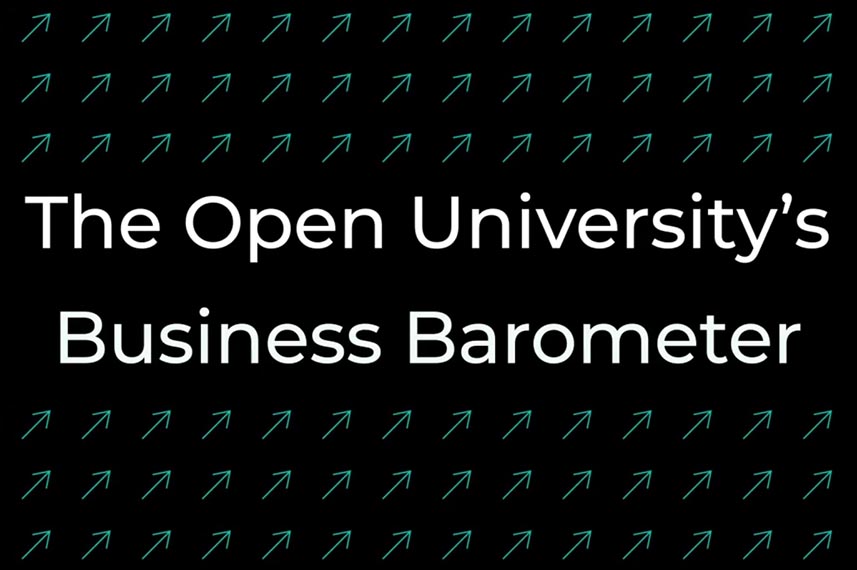Mind the ‘Specialist Skills’ Gap – Business Barometer

The @OpenUniversity’s Business Barometer report reveals a lack of entry level and specialist talent
- The Open University and the Institute of Directors’ report finds that 62 per cent of organisation leaders are struggling with recruitment
- More than two fifths (41 per cent) of organisations struggle when recruiting for non-senior roles
- However, 56 per cent of employers believe that apprenticeships and work-based learning are critical to their long-term success, an 8 per cent increase from last year
According to The Open University’s annual business report published in partnership with the Institute of Directors, UK employers are facing a skills shortage when it comes to hiring specialist, entry level talent.
The Open University’s annual Business Barometer 2021 report reveals 62 per cent of organisation leaders are struggling with recruitment as candidates lack specialist skills and relevant experience. In fact, almost a quarter (24 per cent) believe that finding staff with the right skillset remains the single biggest challenge facing organisations in the next five years.
The report reveals almost half (41 per cent) of employers struggle when recruiting for non-senior roles. Despite the challenges associated with hiring entry level talent, more than half (56 per cent) of businesses believe that apprenticeships and work-based learning are critical to their long-term success, an 8 per cent increase from last year. Additionally, 96 per cent of employers currently working with apprentices plan to maintain or increase the number of apprentices in their organisation.
Based on survey amongst 1,500 senior organisation leaders, The Business Barometer report is a temperature check on the UK’s business landscape across a multitude of different nations, regions and sectors. The skills shortage has remained a challenge with 40 per cent of business leaders in 2021 struggling to recruit specialist talent and over a quarter recognising the difficulty in hiring entry level staff.
Viren Patel, Director of the Business Development Unit at The Open University commented:
“The ability to find specialist talent is proving a real headache for business leaders today. Our survey findings highlight the skills gap is here for the long haul and it hasn’t improved in the last twelve months.
“The skills and labour shortage is being felt across multiple sectors of the UK economy and many employers see this as a long term challenge. Almost two thirds of organisation leaders admit they have struggled to find the right people with the right experience, demonstrating the need for enhanced training to nurture employee skills, knowledge and workplace learning. We want all organisations from all sectors to think ahead and invest to fuel future talent and success.”
The survey reveals more than half (55 per cent) of employers leaders believe unfilled vacancies overextend their workforce and similarly the skills shortage stifles their growth potential and may impact staff wellbeing. Just under a third (32 per cent) say they have left a position vacant due to not being able to find an appropriate candidate, while 31 per cent have introduced new training to existing employees.
Kitty Ussher, Chief Economist at the Institute of Directors highlights:
“This year’s Business Barometer demonstrates the huge impact that both the pandemic and Britain’s decision to leave the European Union have had on recruitment at all levels; over six in ten firms now say they have a skills shortage. On the plus side, we are also seeing optimism around the potential for remote working to fill skills gaps and an appreciation of the role of apprenticeships to train tomorrow’s workers.
“We’re asking the UK government to put lifelong learning, retraining and upskilling at the heart of their forthcoming Budget so that firms and individuals alike can fully take advantage of the massive opportunities that are available as our economy recovers and restructures.”











Responses